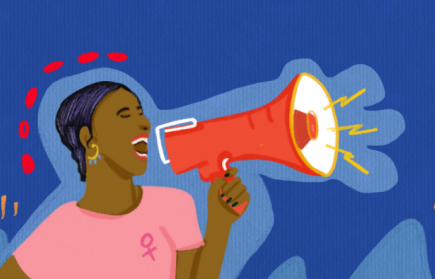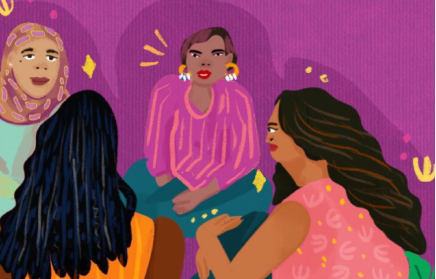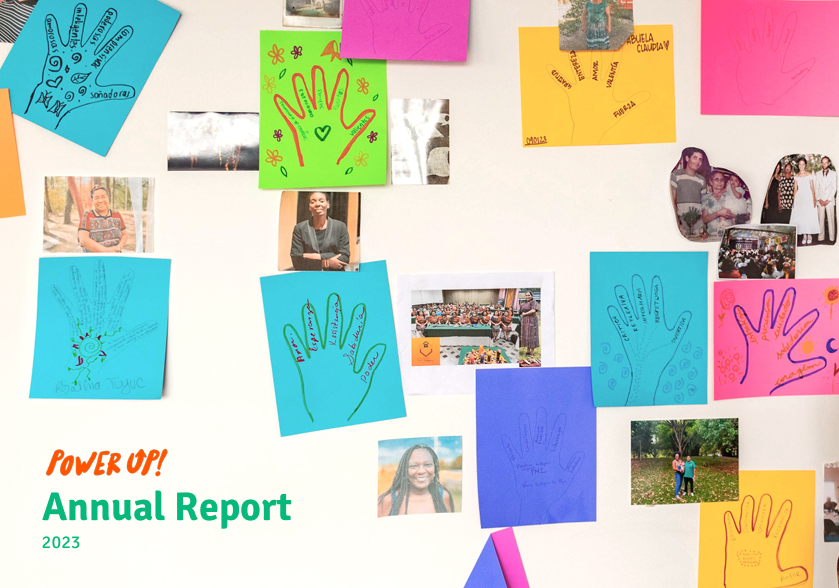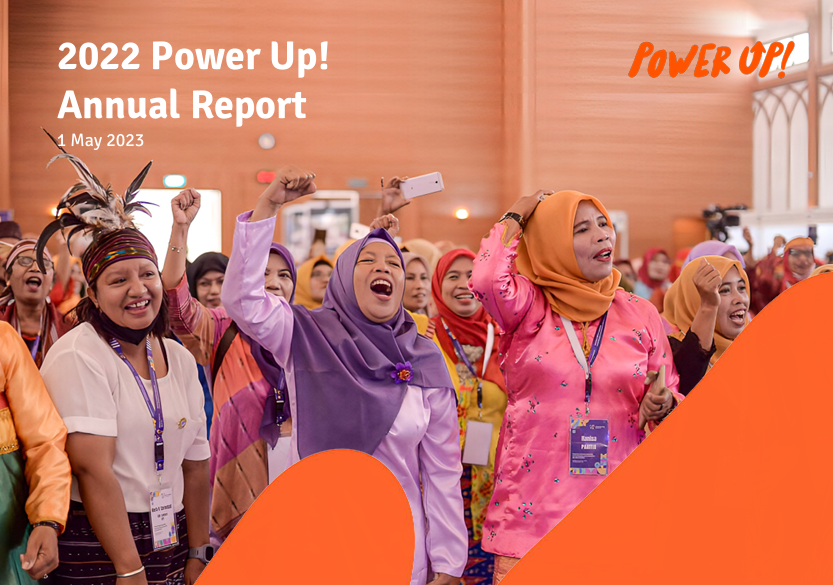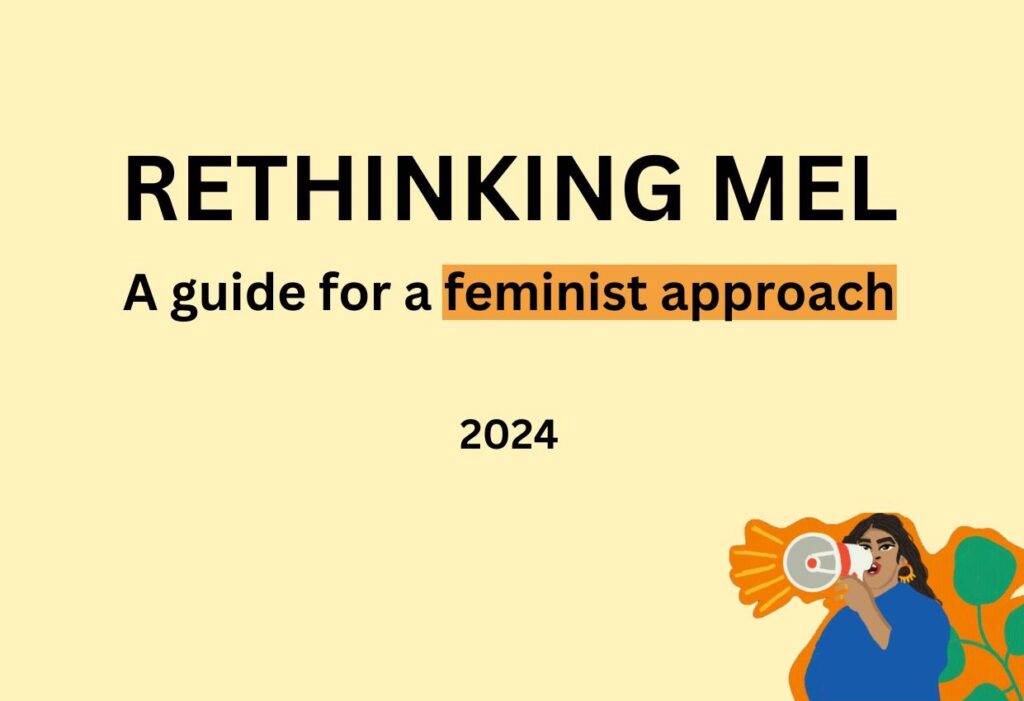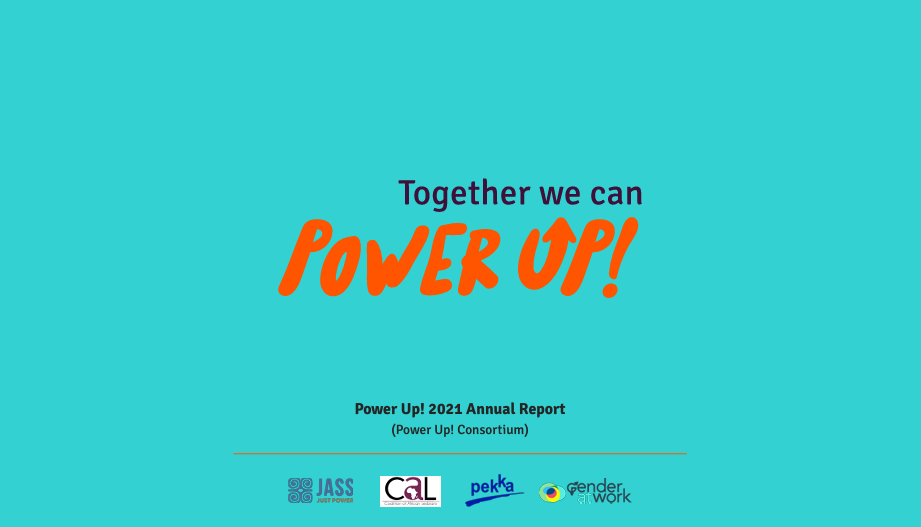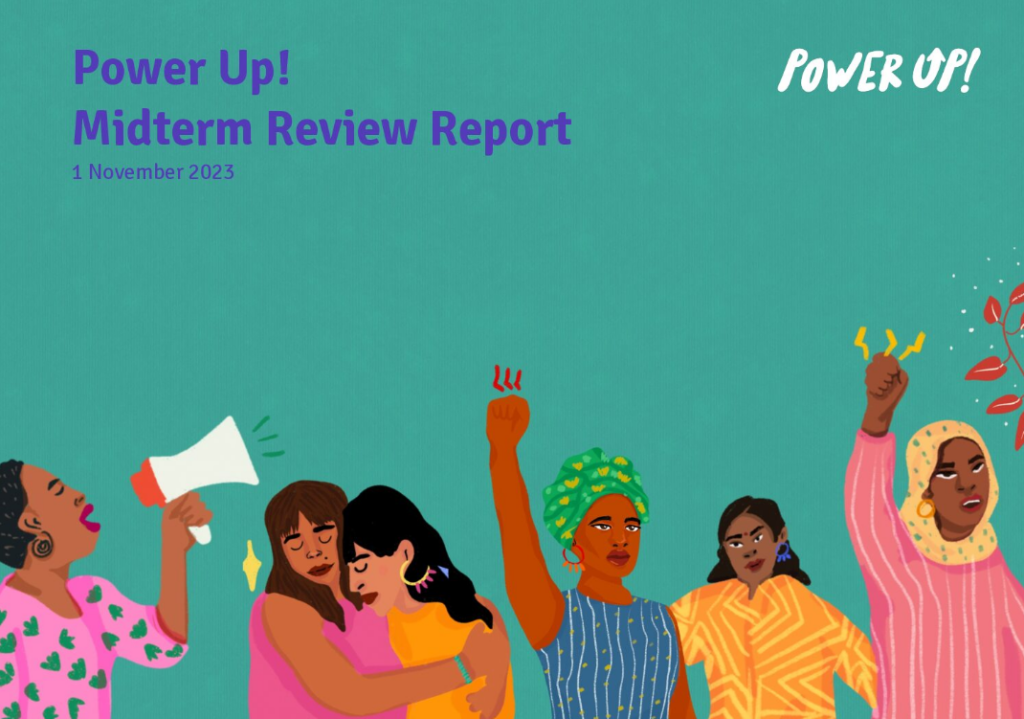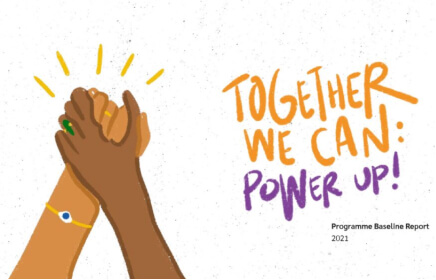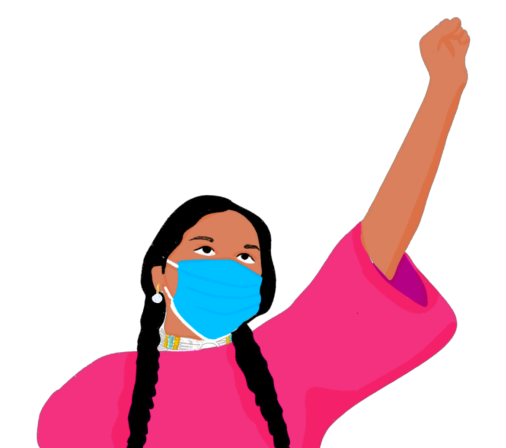
Womxn Advocating for Bodies, Voice and Resources

About
Power Up! exists to catalyse the leadership and voice of womxn in all their diversity. As a Consortium of womxn’s rights organisations, our goal is to actively support womxn-led collectives, movements, and organisations in their efforts to challenge and dismantle oppressive structures of power.
To address the root causes that hinder gender equality, Power Up! is committed to building, organising, mobilising, and transforming power in three strategic areas:
✊🏿 bodies, with a focus on prevention and elimination of sexual and gender-based violence against womxn and girls;
✊🏾 voice, by strengthening womxn’s leadership and womxn’s participation in political decision-making;
✊🏽 resources, through strengthening womxn’s economic strategies for economic resilience and stability, including access to and control of resources and land.
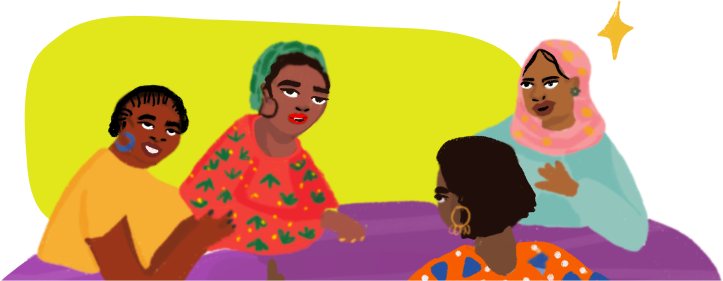
Our Partners
As a member of the Power Up! Consortium, Gender at Work aims to provide support to partner organisations working towards transformative change in countries across the African continent, the Middle East and India. We are committed to fostering spaces for co-creation, collective strategising, learning exchanges, and collaborative contextual knowledge and capacity building. Meet our partners and discover some of the activities they are implementing under the auspices of Power Up!












Highlights from Gender at Work partners
Keep up-to-date with the inspiring work our partner organisations are doing to advance gender equality and dismantle oppressive structures in their respective local and regional contexts – click on the images below for some of their latest Power Up! highlights.
Learning Briefs
💡 What are Gender at Work partners’ strategies, collective understandings and principles? What are we curious about and what hopes do we have for Power Up!? In 2022, Gender at Work facilitated a collective learning process to harness lessons on the diverse strategies being implemented by our Power Up! in-country partners, as well as on the common principles guiding us all through this journey. The learning briefs below provide an overview of these lessons – enjoy!
Power Up! is a collaboration with the Dutch Ministry of Foreign Affairs under the Power of Women strategic partnership. Members of the Power Up! Consortium include Just Associates (JASS) (the Consortium lead), PEKKA, and Gender at Work together with in-country partners.

